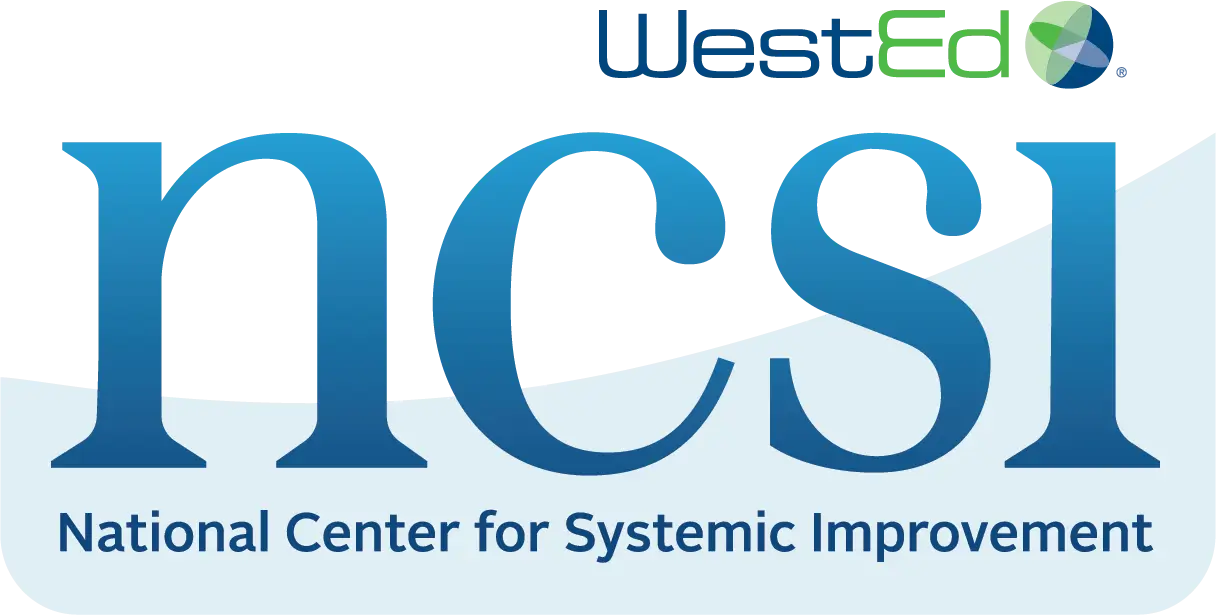by National Center on Intensive Intervention and National Center for Systemic Improvement
Document ToolAlthough instructional and intervention practices that work for monolingual students often benefit English learners (ELs), there are additional considerations when assessing, instructing, or providing intervention to ELs that account for the nature of English acquisition. In response to state-level technical assistance needs, staff from the National Center on Intensive Intervention (NCII) and the National Center for Systemic Improvement (NCSI) have compiled freely-available resources to support educators and educational organizations serving ELs, particularly those who require individualized instruction (e.g., intensive intervention, special education). Resources were drawn primarily from federally-funded national technical assistance centers or research projects, representing a mix of evidence-based and promising practices.1
This resource list is organized by the topical sections listed below. We begin with resources related to general instructional practices, with strategies that also can inform intervention and special education services. Next, we share resources related to supporting ELs within a multitiered system of supports (MTSS), including assessment to inform instruction and intervention. The section covering special education lists resources to support students who are or may be dually identified as both ELs and students with disabilities. The implementation section includes considerations for staffing, professional development, and teaming. We end with resources to support family involvement.

